By Sarah Hendrix | Staff Writer
Marvel Studios’ has created another stunning masterpiece that brings a rich blend of African tribalism mixed with a technological marvel that has been hidden away from the known world – the fictional African country of Wakanda. Filled with underlying themes of social justice, “Black Panther” addresses issues that conflict today’s society, while still blowing audiences away with an incredible storyline, captivating characters and special effects.
Black Panther/King T’Challa (played by Chadwick Boseman) and Nakia (played by Lupita Nyong’o) wrestle through and discuss issues of racial equality, poverty, refugees and human trafficking throughout the film. These issues arise because the nation of Wakanda is rich in technological advancements but has chosen to stay hidden from the world and mask itself as a third world nation for centuries. King T’Challa faces obstacles of whether to reveal Wakanda’s technology, the metal vibranium, that is stored within the country because it could eliminate poverty around the world. However, being given into the wrong hands, vibranium could also destroy the world.
“Black Panther” introduced Marvel’s first black superhero with almost an all-black cast and challenged contemporary racial struggles while still sticking to the storyline of Black Panther’s character. There is an ongoing tension throughout the film between the richness hidden within Wakanda and its surrounding African nations that are impoverished. The tension encapsulates the drastic class divide between the rich and the poor, a common social justice issue that is seen throughout America. Throughout the film, “Black Panther” revolutionizes the classic idea that superheroes are meant to save the world, by taking it a step further and realizing the more important underlying issue is to unite the world.
“Black Panther” also challenges the role of women in society and it highlights the strength and power women have through its fierce female characters. Nakia, Black Panther’s ex-lover, plays a crucial role in seeking justice for trafficked girls in the beginning of the film. As her character continues to develop the audience can see how she desires to use the resources and technological advancements Wakanda has to deliver aid to impoverished nations and give shelter to refugees.
Another strong female lead is the character Okoye (played by Danai Gurira) who is King T’Challa’s fiercest warrior in all of Wakanda. Okoye is dominant in combat and shows a strong sense of honor and loyalty to her country. These kind of qualities show the versatility of women throughout the film and contest the issue of sexism that is still present around the world.
The rich culture portrayed throughout “Black Panther” is a new aspect brought to mainstream superhero movies. In creating the country of Wakanda, Marvel creates scenes that are illustrated with vast landscapes, cascading waterfalls, and sunsets over the African savanna. The cinematography is completely captivating from these picturesque scenes to the characters intricate costumes. The costumes worn by the Wakandans throughout the movie are original with colors and designs that are creatively steeped in a futuristic African culture.
After all the hype and excitement “Black Panther” delivered more than a Marvel Studios’ classic superhero, break the box office, fantasy film. It chose to cross the divide of racism, sexism, poverty and immigration to realize that as humans there is more that unites us than separates us.

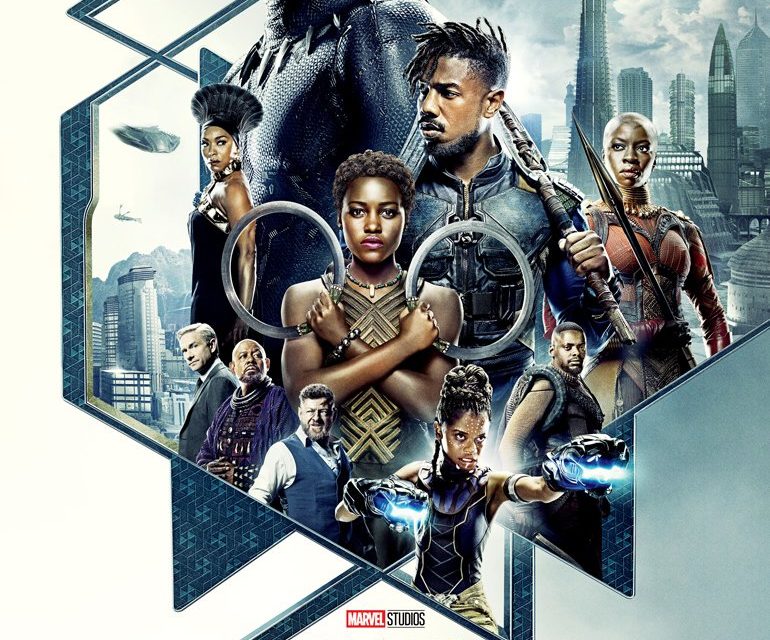
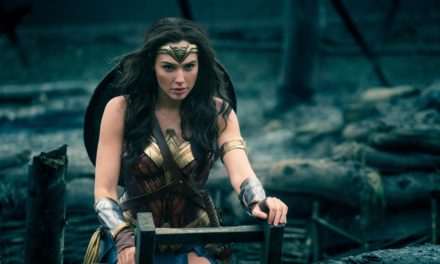
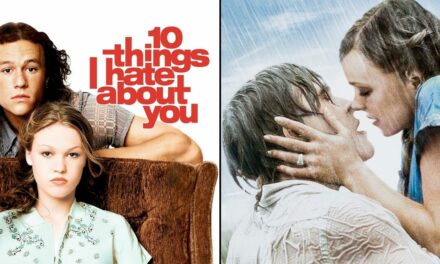
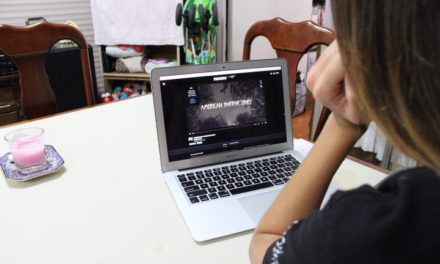
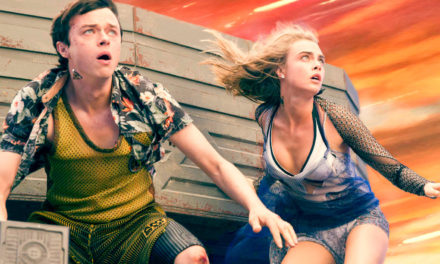
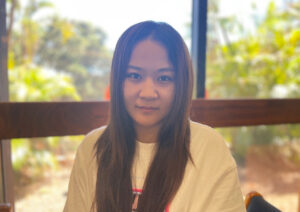
Hello Sarah,
I appreciate your positivity towards the film’s themes of social justice. I, too, recognize these as important issues to be portrayed and discussed through film.
One detail that I think is worthy of mention in regards to female empowerment is the fact that not only is the king’s general female, but the entire army of the king is female! The normalcy of their roles in Wakandan society contributes to that message.
Thanks for sharing your thoughts – keep it up!
Best regards,
Ellen